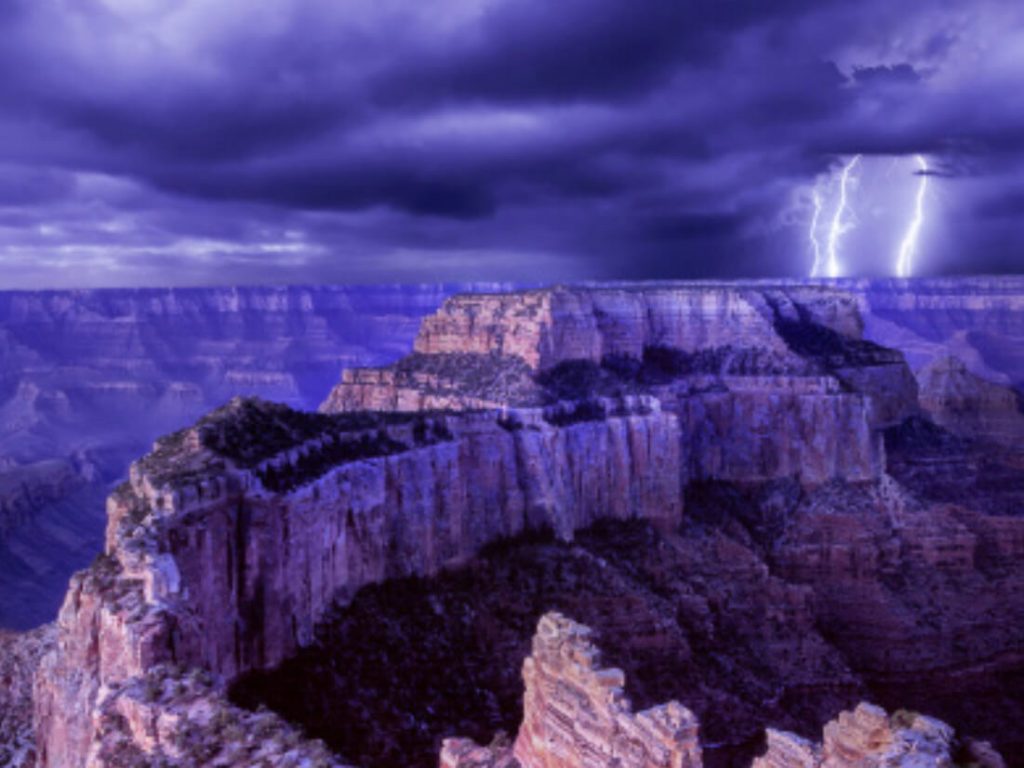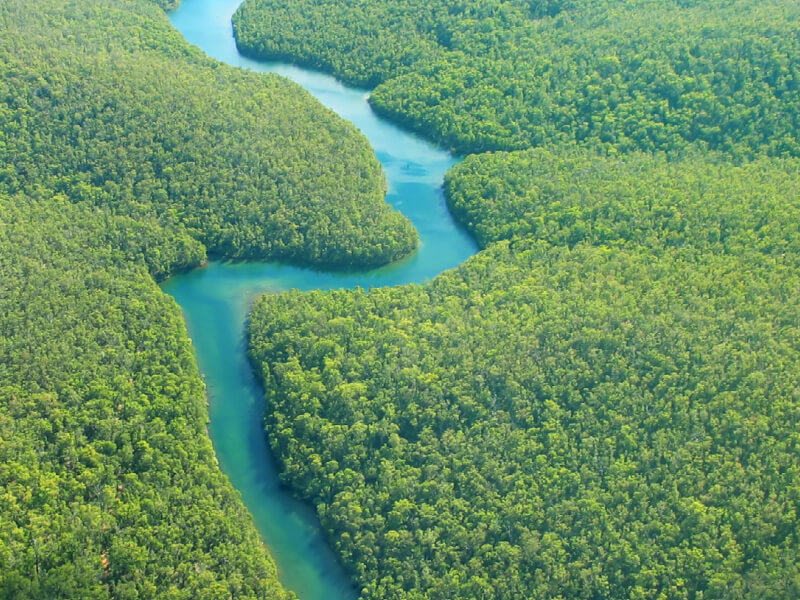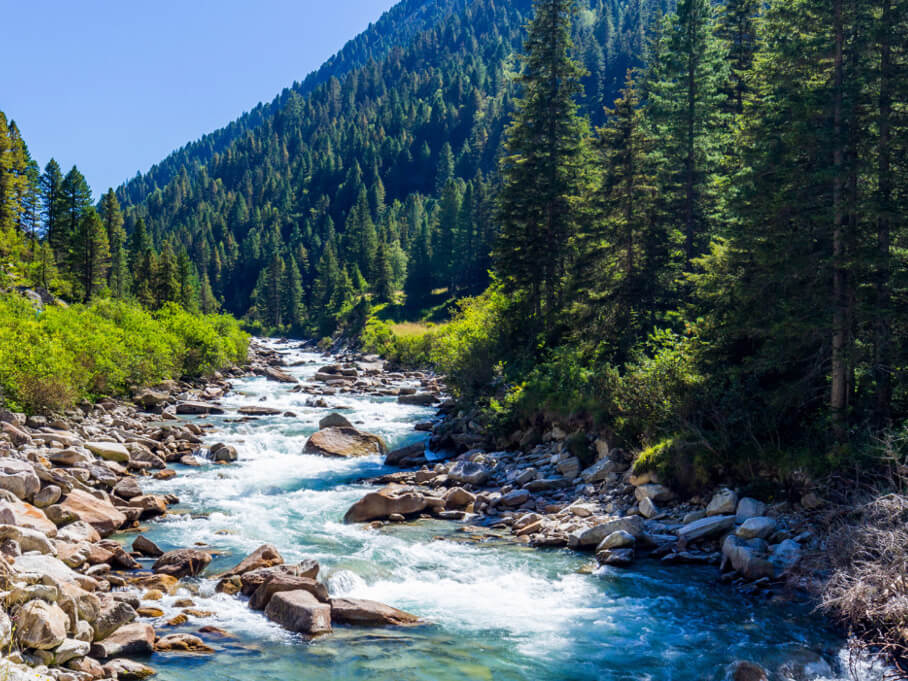Try out
World phenomena
Take a look below and explore one teaching module of World Phenomena and a sample of its Interactive Digital Content.
See what a module of World Phenomena looks like. Each module starts with motivation and continues with several activities that use BBC videos. We provide 5 alternative solutions for implementation in schools.
Lead-in: Arizona
The teacher and the students start a discussion and form a hypothesis about the formation of the most famous canyon in the world.


1. The greatest valley in the world
The Bingo game is focused on understanding the content of educational videos. During the activity, students will learn about the world’s largest canyon.
2. How does a river affect the landscape
In the role-playing game students make up questions from information that was presented in the video. Students understand the erosion action of the river, develop critical thinking and learn to formulate questions and answers.


3. Weathering and erosion
The activity is focused on peer education. In pairs, students read and interpret a text on the problems of weathering and erosion. In addition to gaining new knowledge, pupils learn to work with the text and shall explain its contents.
4. Water in the landscape
Students play a memory game focused on repetition. The pairs contain terms and definitions related to the module theme.


Sticker
During the module, the teacher rewards groups, or individual students with 12 progress stickers for the World Phenomena Game
World Phenomena as a new teaching subject
Why yes:
- time to carry out activities and multiple topics
- team teaching with two teachers / division into groups
- creating a standard space for cross-curricular teaching
What to consider:
- more demanding organizational arrangements: timetable
- creating a curriculum for a new subject
- higher demands on teachers
Real life example:
School management and teachers created a World Phenomena subject with a two-hour allowance from available lessons to create blocks of consecutive 45-minute classes to carry out activities. The World Phenomena are taught by two Physics-Biology and History-Geography teachers, and in block teaching they will take turns as needed. They also teach the whole class or divide into halves.
World Phenomena as part of existing subjects
Why yes:
- ease of roll-out
- each teacher teaches topics in which he/she is qualified
- enhanced cross-curricular experience
What to consider:
- exclusion of lessons from thematic plans
- better coordination between teachers
- less time for activities within a 45-minute lesson
Real life example:
Teachers chose the Water theme and split individual models among themselves. Teachers of physics, geography, chemistry, history, informatics participate and all models are taught in two weeks. They coordinate their work on an ongoing basis. In the end, they prepared a joint presentation where pupils presented their discoveries to other pupils from the same year.
World Phenomena as block teaching
Why yes:
- enough time not limited to 45-minute classes
- focus on a specific topic
- enhanced cross-curricular experience
What to consider:
- adaptation of thematic plans
- program preparation and coordination
- planning before start of school year/semester
Real life example:
The school decided to have block lessons on cross-curricular topics every Friday in November. Teachers divided all pupils into groups created from multiple years. They set up the program to teach the Air theme supplemented by other activities over 4 weeks.
World Phenomena as a thematic week
Why yes:
- enough time for activities not limited to 45-minute classes
- challenging the stereotypes of school teaching
- enough space for comprehensive solving of topics
What to consider:
- program preparation and coordination
- assisting pupils with final presentation
- planning before start of school year/semester
Real life example:
The school dedicates one week of the 2nd semester to the World Phenomena - for example three themes: Water, Sun and Air divided between 2nd level years and classes. At the end of the week, individual classes will pass on their knowledge to other pupils at a small conference.
World Phenomena as a video library resource
Why yes:
- low coordination demands
- low demands on implementation into the subject
- added value during traditional lessons as illustrative videos
What to consider:
- reduction of cross-curricular potential
- not using all materials in the project
- less motivation for pupils

